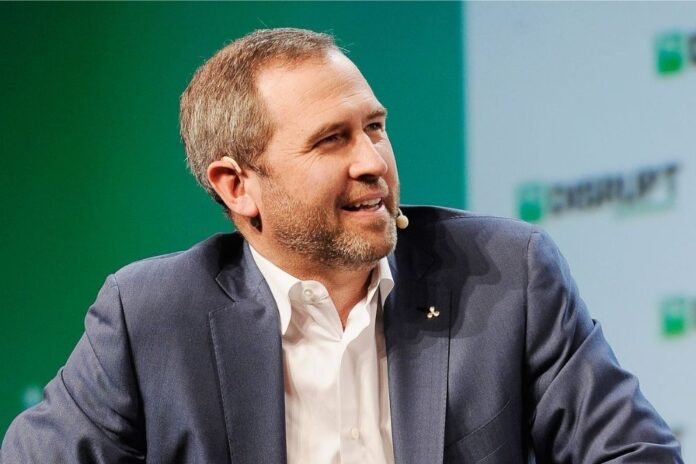Following a recent court decision regarding XRP, Ripple CEO Brad Garlinghouse has publicly disputed a report by CoinDesk, a prominent cryptocurrency news outlet. The dispute centers on the interpretation of a ruling issued by California District Judge Phyllis J. Hamilton in an ongoing lawsuit against Ripple.
Last week, Judge Hamilton delivered a much-anticipated decision in a securities class action lawsuit against Ripple. The core issue was whether XRP, the digital asset associated with Ripple’s payment network, could be classified as a security under U.S. law.
Read Also: Grayscale Launches Smart Contracts Platform Fund for Cardano, Solana, Polkadot, Avalanche, Stellar
The court’s decision dismissed all claims against Ripple alleging violations of securities laws. However, Judge Hamilton did schedule a jury trial to focus on a separate claim based on a 2017 statement made by Garlinghouse regarding XRP.
Unfortunately, this nuance was lost in some media reports, leading to the misconception that the California ruling somehow contradicted an earlier decision by New York federal Judge Analisa Torres. Judge Torres had previously determined that XRP, by itself, is not a security.
Garlinghouse Refutes CoinDesk Report
In response to a recent CoinDesk report suggesting that Judge Hamilton hinted at XRP being a security, Garlinghouse issued a direct counter. He emphasized that the California judge did not make any such determination.
Furthermore, Garlinghouse pointed out that XRP and Bitcoin are currently the only digital assets with established regulatory clarity in the United States, having been classified as non-securities. He further noted that CoinDesk had since corrected a misleading headline and deleted a tweet related to the topic, suggesting a potential pattern of inaccurate reporting.
Industry Experts Support Garlinghouse’s Position
Legal professionals aligned with XRP have also weighed in on the matter. Attorney Bill Morgan, a vocal advocate for XRP, criticized CoinDesk for spreading misinformation about the cryptocurrency’s legal status.
According to Morgan, Judge Hamilton’s decision did not rule on whether XRP is a security. The focus of the upcoming jury trial is a specific statement made by Garlinghouse, not the inherent nature of XRP itself.
Morgan contrasted this with the ruling by Judge Torres, which explicitly declared XRP a non-security. He also argued that XRP currently enjoys greater legal clarity than even Bitcoin.
We are on twitter, follow us to connect with us :- @TimesTabloid1
— TimesTabloid (@TimesTabloid1) July 15, 2023
Read Also: CZ: Despite Spending Over $1 Billion on Compliance, Binance Market Share Increased
Community Response and XRP’s Legal Future
The XRP community has also rallied behind Garlinghouse’s position. The Community Notes section of Ripple’s platform highlights comments from Ripple’s Chief Legal Officer, Stuart Alderoty, which directly addresses the misinterpretations.
The legal battle surrounding XRP is ongoing, with the upcoming jury trial likely to provide further insights. However, the current regulatory landscape suggests that XRP and Bitcoin have a distinct advantage in terms of established legal classification as non-securities within the United States.
Disclaimer: This content is meant to inform and should not be considered financial advice. The views expressed in this article may include the author’s personal opinions and do not represent Times Tabloid’s opinion. Readers are urged to do in-depth research before making any investment decisions. Times Tabloid is not responsible for any financial losses.
Follow us on Twitter, Facebook, Telegram, and Google News


